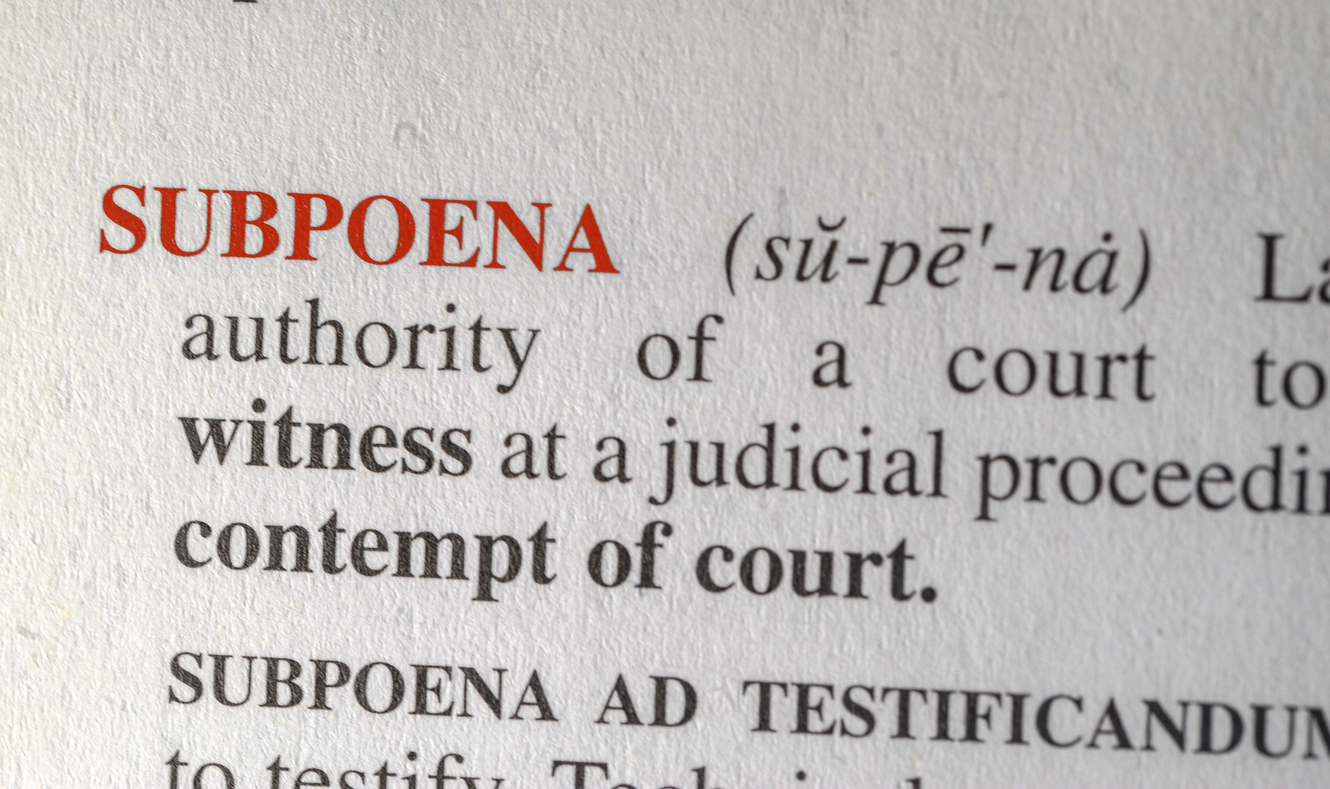Fox News had me debate cell phone bans last fall. Transportation Secretary Ray LaHood was calling on Congress to pass a national law banning the use of cell phones in vehicles. Millions of us safely use cell phones in automobiles. Many conduct business, get directions and otherwise use the phone for work efficiency while in our automobiles. Research has never supported the assumption that banning cell phone use in automobiles saves lives or reduces property damage claims.
I have supported laws that prevent texting and writing emails while driving because you have to take your eyes off the road to do so — unless using speech dictation software. Even text bans, however, do not seem to reduce automobile accidents, as noted recently in a National Underwriter article, More Texting Bans, More Collision Claims? It reported that "the researchers determined there was actually a slight uptick in the frequency of insurance claims filed under collision coverage for damages" after the bans were enacted.
This conclusion appears to be consistent with the findings of a previous HLDI study, which suggested that banning hand-held phone use while driving doesn’t translate to fewer crashes.
"Texting bans haven’t reduced crashes," said Adrian Lund, president of both the HLDI and the Insurance Institute for Highway Safety. "In a perverse twist, crashes increased in three of the four states we studied after bans were enacted. It’s an indication that texting bans might even increase the risk of texting for drivers who continue to do so despite the laws."
…Lund said that these statistics call into question the way "policymakers are trying to address the problem of distracted driving crashes."
"They’re focusing on a single manifestation of distracted driving and banning it," he added. "This ignores the endless sources of distraction and relies on banning one source or another to solve the whole problem."
"The point of texting bans is to reduce crashes, and by this essential measure the laws are ineffective," Lund pointed out, cautioning that "finding no reduction in crashes, or even a small increase, doesn’t mean it’s safe to text and drive. There’s a crash risk associated with doing this. It’s just that bans aren’t reducing this risk."
Part of this post is to highlight the counterintuitive nature of legislation. Politicians often support well meaning laws that, at first, seem logical but can have disasterous results. All too often, new laws change behavior in ways not anticipated. This has been especially true regarding insurance; for example, property insurance mitigation credit laws in Florida.
The Florida property insurance mitigation laws were not based on actuarial study or soundness. Citizens Property Insurance Corporation lost millions in premiums and a significant amount of fraud resulted as a "fly by night" mitigation construction industry swarmed to take advantage of the situation. The result of this well meaning legislation was an uproar by the insurance industry as it lost premiums and customers to Citizens. Laws had to be changed to fend off the counterintuitive results.
These lessons are worthy of reflection as we head into the season of bill drafting for the upcoming legislative sessions.
Here is my debate on Fox:
https://youtube.com/watch?v=t1j1gOOFxBc%3Ffs%3D1%26hl%3Den_US%26rel%3D0%26color1%3D0x2b405b%26color2%3D0x6b8ab6



